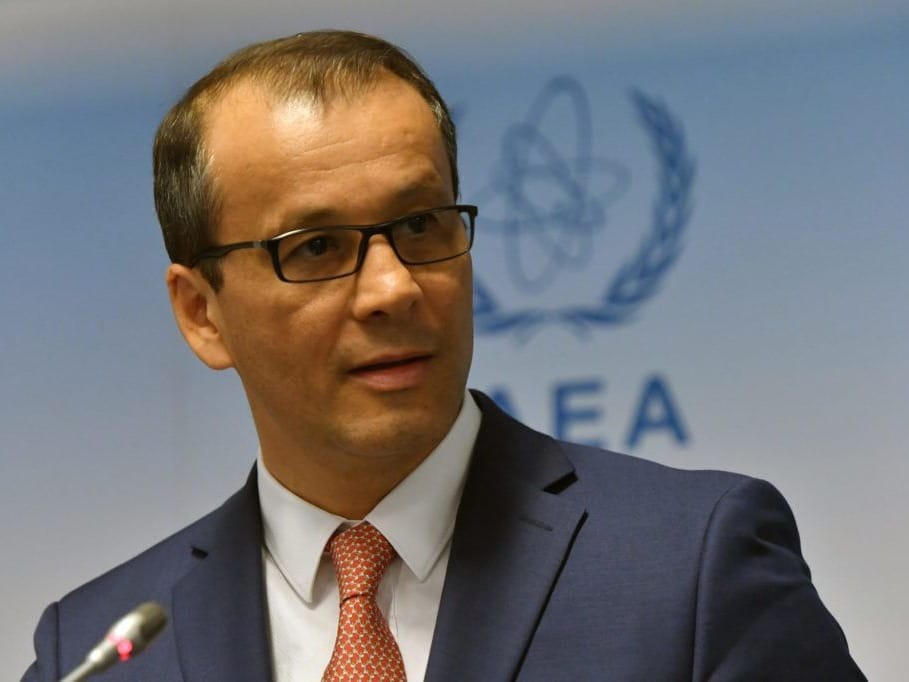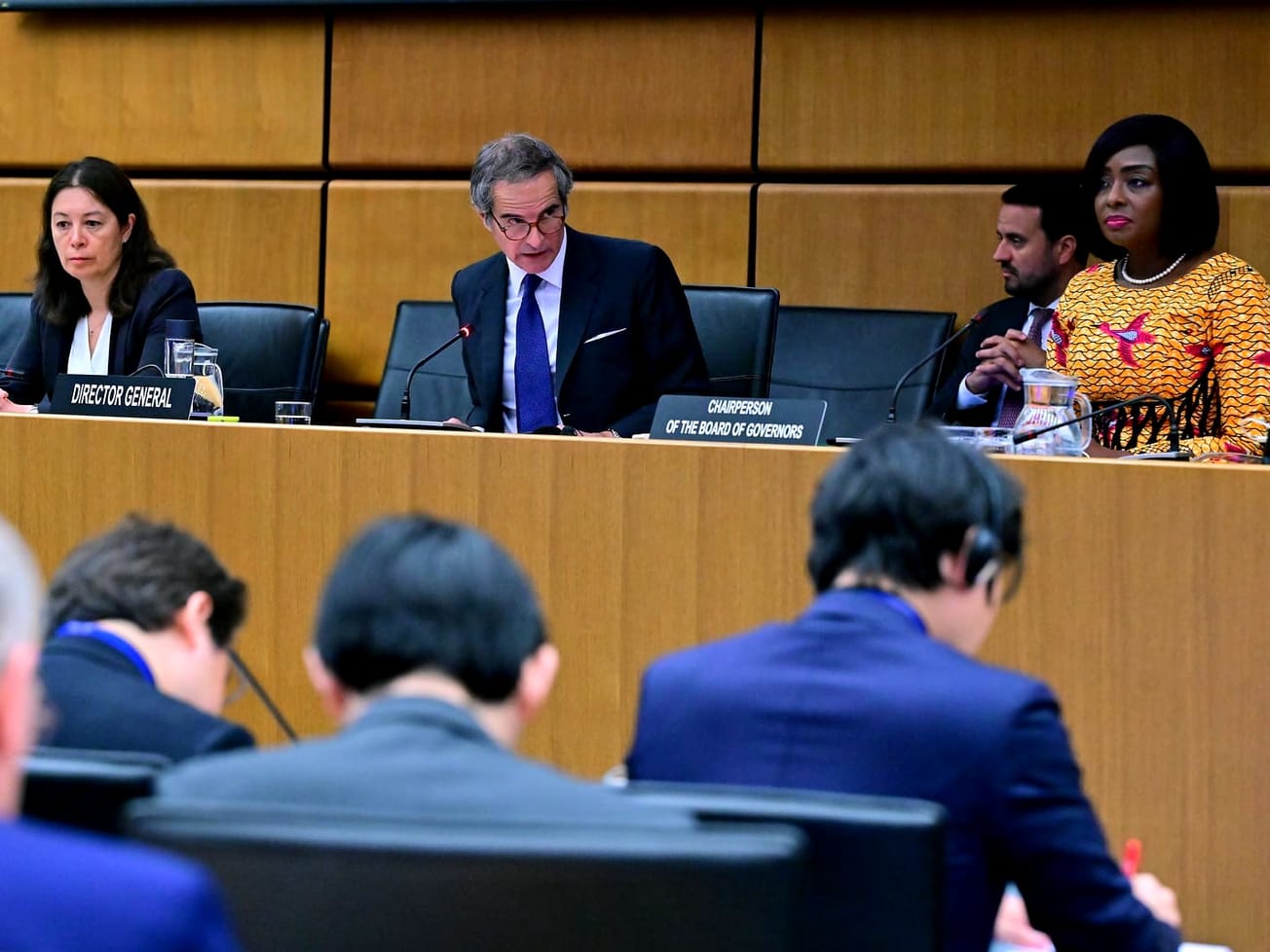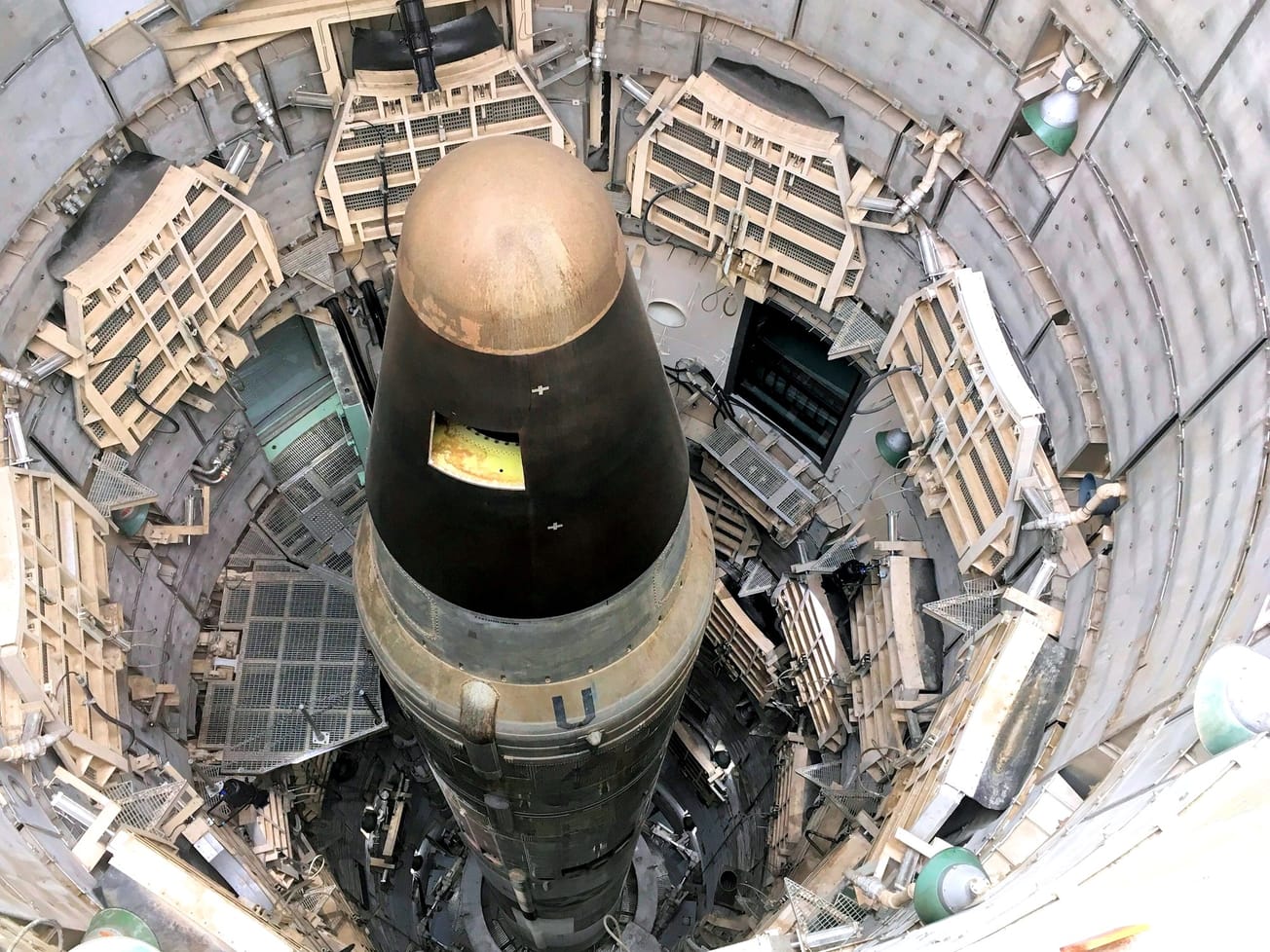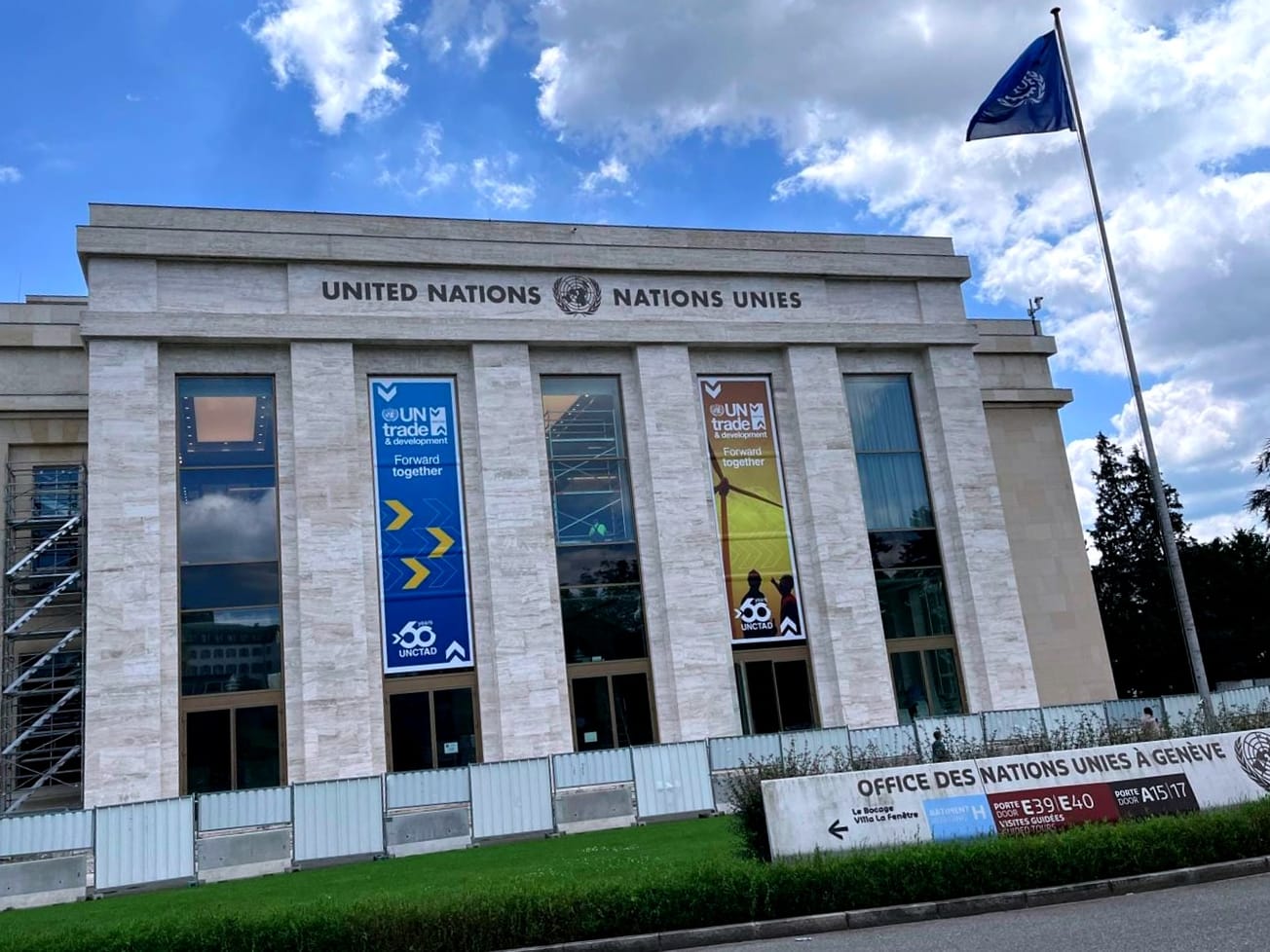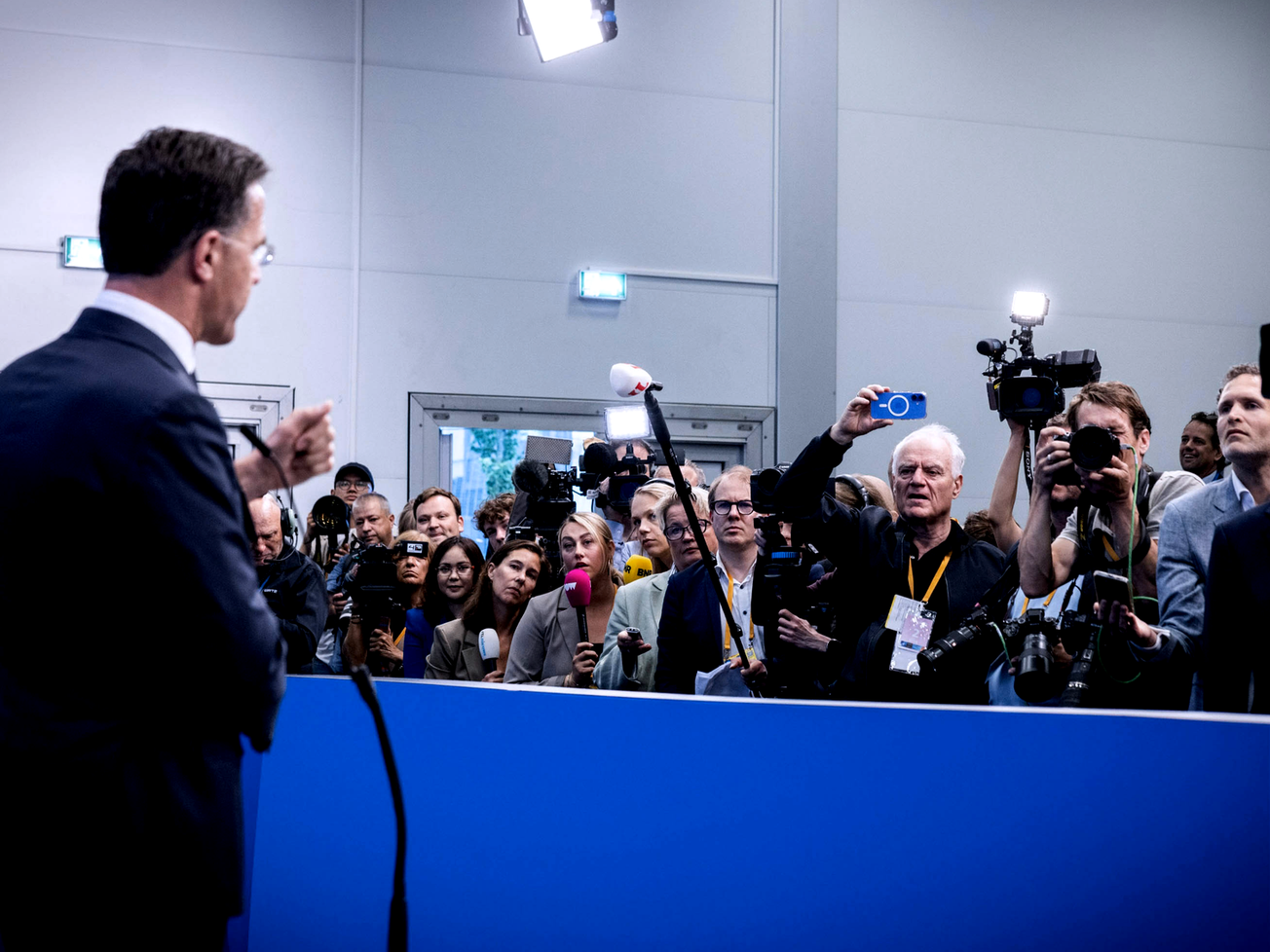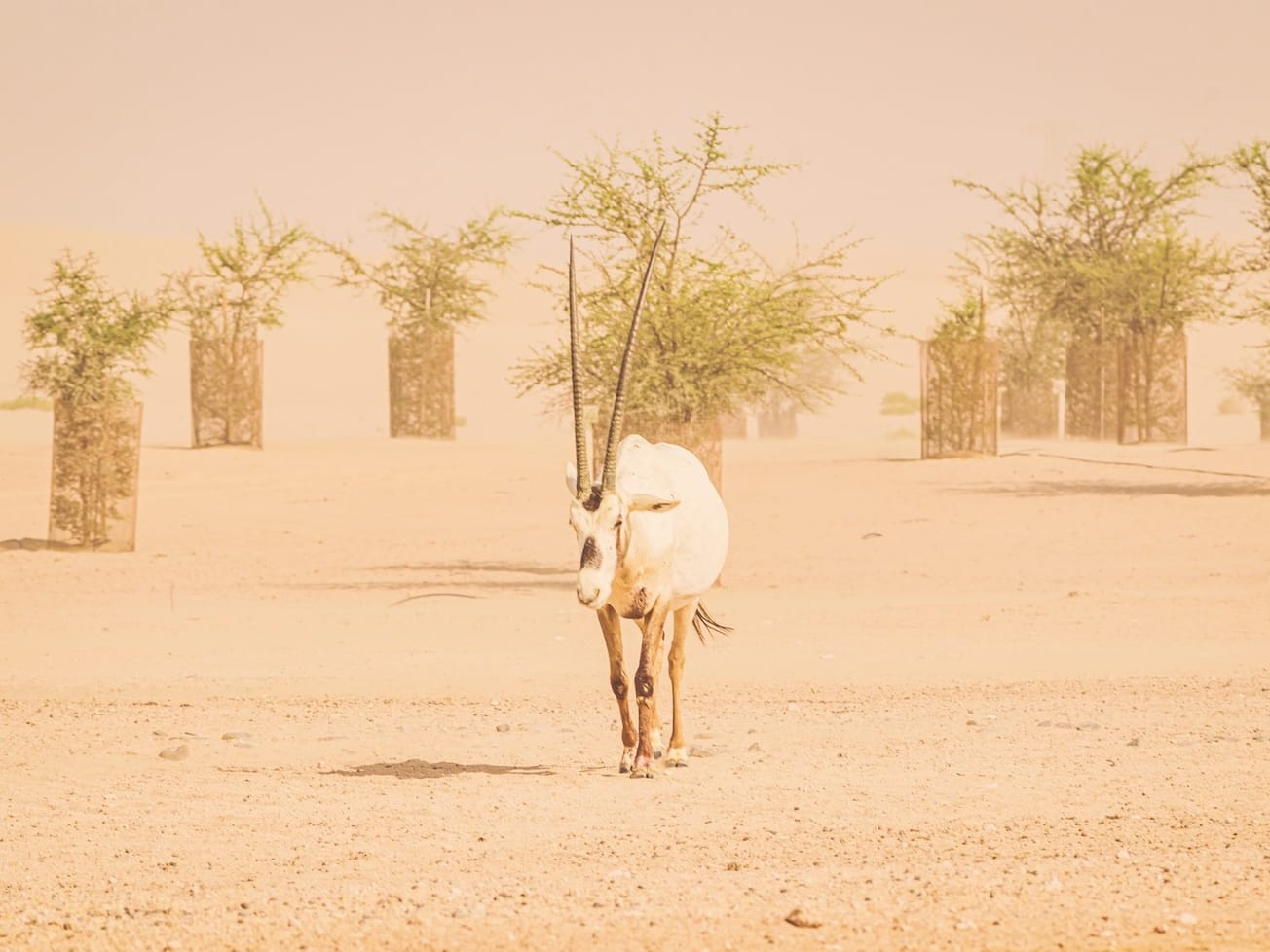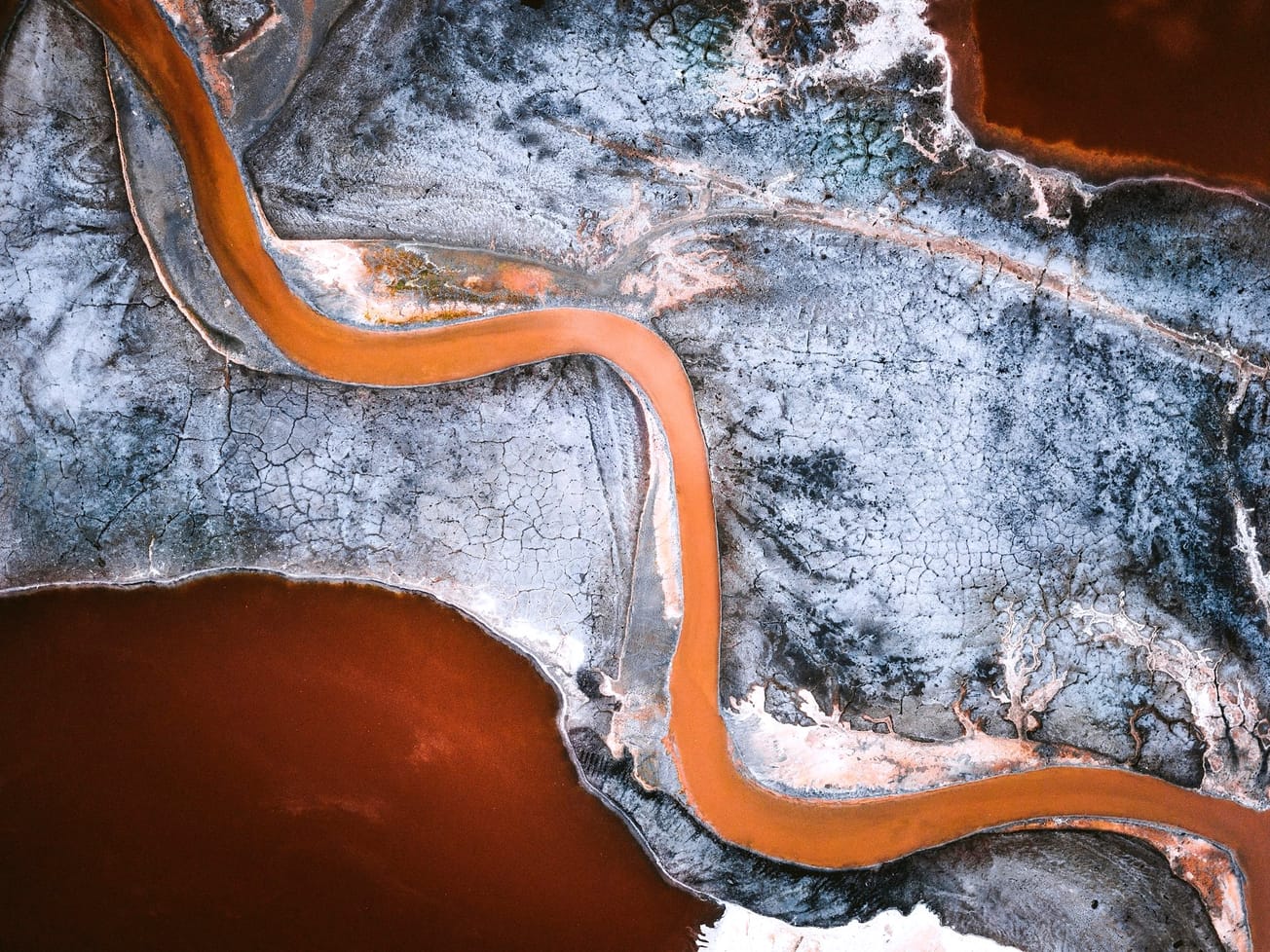The U.N.'s nuclear watchdog confirmed that Iran is preparing to use arrays of more advanced centrifuges, marking yet another violation of Tehran's faltering 2015 nuclear deal with world powers.
The International Atomic Energy Agency said on Monday its findings were based on the work of inspectors that were "on the ground" investigating Iran’s centrifuge research and development.

